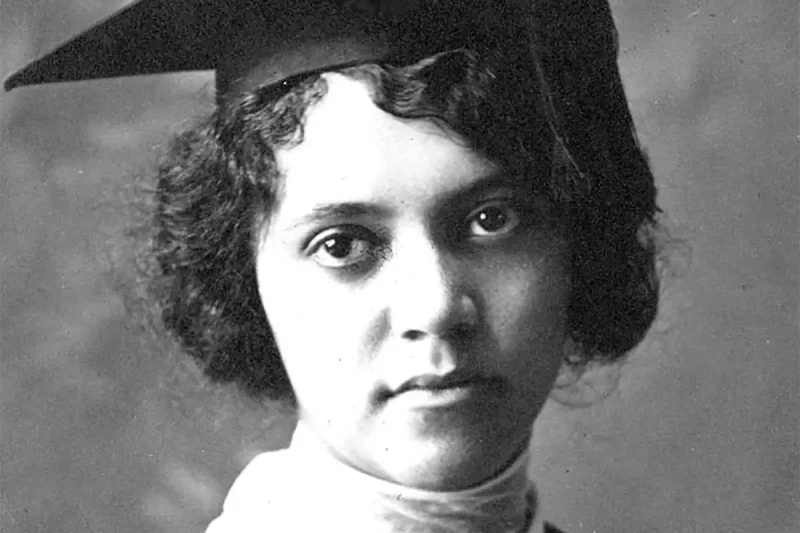Short Summary
Irene Joliot-Curie was a renowned French scientist who, alongside her husband Frédéric Joliot-Curie, made groundbreaking contributions to the field of chemistry and physics. She is best known for her discovery of artificial radioactivity, which earned the couple the Nobel Prize in Chemistry in 1935. Her work significantly advanced scientific understanding of nuclear reactions and paved the way for future developments in nuclear science. Irene's legacy is marked by her dedication to science and her role in continuing the Curie family's scientific achievements.
Early Life & Education
Irene was born on September 12, 1897, in Paris, France, into a family of distinguished scientists. She was the daughter of Marie and Pierre Curie, notable pioneers in the field of radioactivity. Her early education was supervised by leading scientists of the time as part of a cooperative teaching group known as "The Cooperative." Irene later attended the Sorbonne, where she earned a degree in physics and mathematics. Influenced by her parents' groundbreaking work, she pursued scientific research, honing her skills under the guidance of her mother at the Radium Institute.
Career Highlights
Joliot-Curie's career was marked by significant contributions to both chemistry and physics. She began her research career at the Radium Institute, where she collaborated extensively with Frédéric Joliot, whom she married in 1926. Together, they discovered artificial radioactivity in 1934, a breakthrough that involved transforming stable elements into radioactive ones by bombarding them with alpha particles. This discovery not only earned them the Nobel Prize but also had profound implications for both scientific research and medical treatments. Irene later became a professor at the Sorbonne and a director at the Radium Institute, continuing her impactful scientific work.
Major Achievements
- Discovered artificial radioactivity: This discovery allowed the creation of radioactive isotopes, which are crucial for medical and industrial applications.
- Nobel Prize in Chemistry, 1935: Awarded to Irene and Frédéric Joliot-Curie for their synthesis of new radioactive elements.
Famous Quotes
- "It is absolutely necessary to show interest in life, to be curious, to look around, to look for science."
Interesting Facts
- She was the daughter of Nobel laureates Marie and Pierre Curie, continuing the family legacy of scientific excellence.
- She was actively involved in advocating for the peaceful use of nuclear energy.
- Irene was a member of the French Resistance during World War II.
Legacy / Influence
Irene Joliot-Curie's contributions to science, especially her discovery of artificial radioactivity, have had a lasting impact on both scientific research and practical applications. Her work paved the way for advances in nuclear medicine, including the development of new diagnostic and treatment methods. As a prominent female scientist, she also served as a role model, inspiring future generations of women in science and advocating for the peaceful use of scientific discoveries.
FAQ
Q: Why is Irene Joliot-Curie famous?
A: She is famous for discovering artificial radioactivity and winning the Nobel Prize in Chemistry in 1935.
Q: What was her major scientific contribution?
A: She, along with her husband, discovered how to create radioactive isotopes artificially.
Q: Did she continue her parents' work?
A: Yes, she built upon the foundation laid by her parents, Marie and Pierre Curie, making significant advancements in the field of radioactivity.











